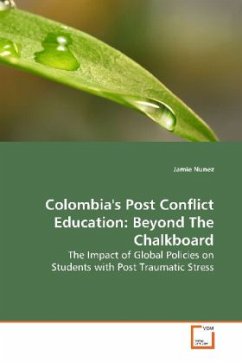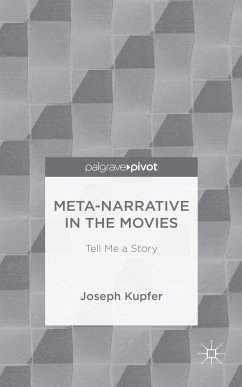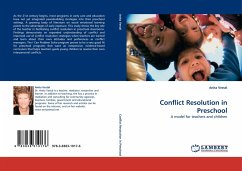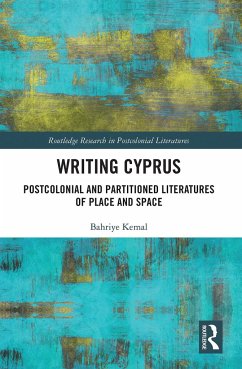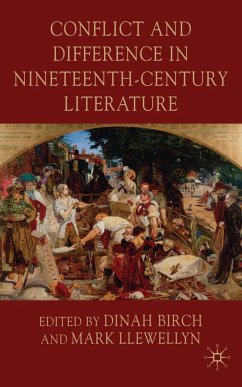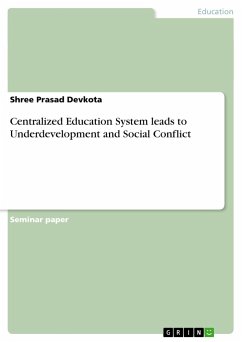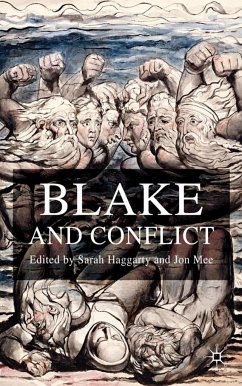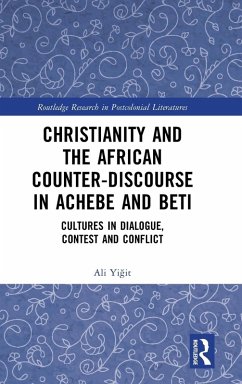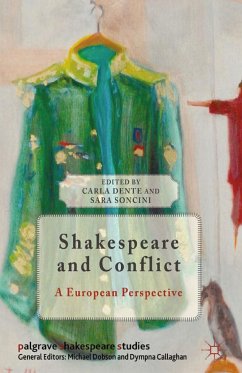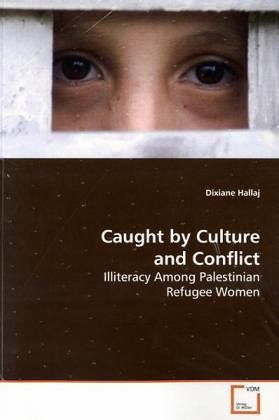
Caught by Culture and Conflict
Illiteracy Among Palestinian Refugee Women
Versandkostenfrei!
Versandfertig in 6-10 Tagen
45,99 €
inkl. MwSt.

PAYBACK Punkte
23 °P sammeln!
Palestine rose from a predominantly illiterate society to a highly literate one in little more than a single generation--while caught in the midst of the most violent and intractable political conflict in the world today. The women of the refugee camps, facing dual handicaps of strife and stubborn cultural influences, do not always succeed in their search for education. Living under conditions of appalling overcrowding, poverty, oppression and the constant presence of violence, they continue to seek learning for themselves and their children. This book, based on interviews with many of the wom...
Palestine rose from a predominantly illiterate
society to a highly literate one in little more
than a single generation--while caught in the midst
of the most violent and intractable political
conflict in the world today. The women of the
refugee camps, facing dual handicaps of
strife and stubborn cultural influences, do not
always succeed in their search for education.
Living under conditions of appalling overcrowding,
poverty, oppression and the constant presence of
violence, they continue to seek learning for
themselves and their children. This book, based on
interviews with many of the women in the refugee
camps of the West Bank, crosses generations as it
inquires into the spiral of illiteracy and relates
it to the events of recent history in the region.
It also describes the women s views on the impact
illiteracy has on their lives and the lives of their
children. The book opens a window into the world of
the Palestinian refugee that will interest and
inform anyone interested in Palestine, education,
adult literacy, and students of conflict and its
effects on civilian populations.
society to a highly literate one in little more
than a single generation--while caught in the midst
of the most violent and intractable political
conflict in the world today. The women of the
refugee camps, facing dual handicaps of
strife and stubborn cultural influences, do not
always succeed in their search for education.
Living under conditions of appalling overcrowding,
poverty, oppression and the constant presence of
violence, they continue to seek learning for
themselves and their children. This book, based on
interviews with many of the women in the refugee
camps of the West Bank, crosses generations as it
inquires into the spiral of illiteracy and relates
it to the events of recent history in the region.
It also describes the women s views on the impact
illiteracy has on their lives and the lives of their
children. The book opens a window into the world of
the Palestinian refugee that will interest and
inform anyone interested in Palestine, education,
adult literacy, and students of conflict and its
effects on civilian populations.



